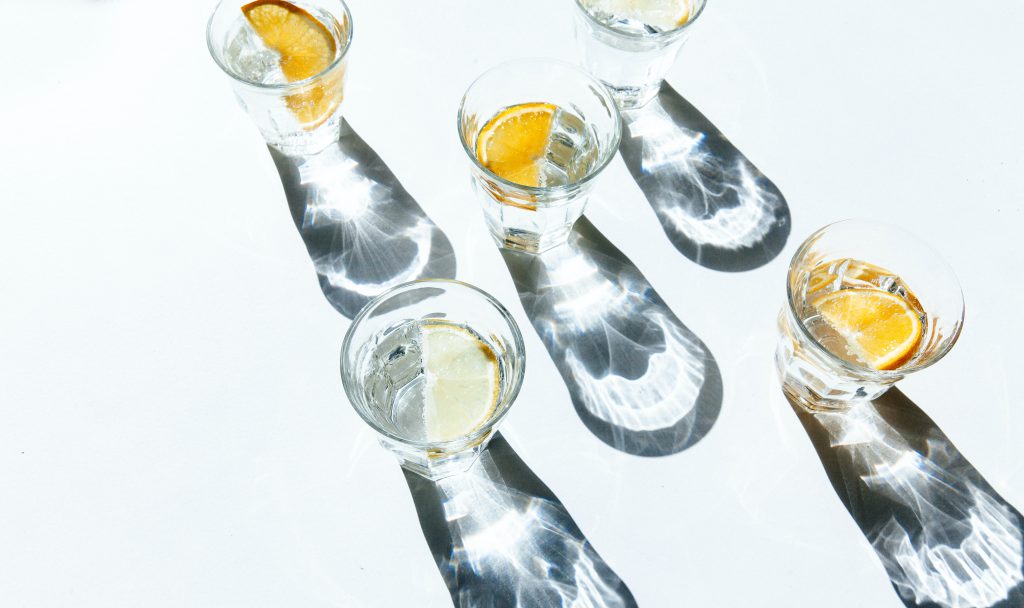
Top hydration tips for bowel stomas
Drinking enough fluids for optimal health can be tricky for many of us, but perhaps especially so if we live with a bowel stoma. If we have less working length of our gut then we potentially have fewer opportunities to absorb water. We’ve put together our top tips to help those with a bowel stoma check how well hydrated they are and how to absorb more of what they drink.
For more information and ideas, please see our other resources:
- Living with a Urinary Catheter Hydration Guide – includes valuable advice even for those without catheters
- Ostomate’s Kitchen Nutritional Guide
Note: This advice doesn’t replace tailored diet advice from your healthcare professional.
Keep an eye on what your stools look like
An unexpected thickening of your stool, or a reduced amount, could be a sign of dehydration. If your already-solid stools suddenly become harder, then you may not be drinking as much as you need.
- Try to drink 2L of water a day
Due to water that’s lost through your stoma, aim for 2L of water a day (about 8-10 glasses). If you’ve been sweating or had more watery stools than normal, aim for 2L plus any extra fluid you think you’ve lost.
- Experiment with the timings of your drinks
If you pass very watery stools, you may find that drinking at times other than your meals helps you absorb more water. Try drinking 20-30 minutes before meals, or about 1-2 hours afterwards.
- Think “little and often”
Drinking smaller amounts of water but more frequently could help you lose less water from your stoma. Having about 250ml (half a pint) every 1 or 1½ hours might better suit your body. Keep aiming for 8-10 glasses of water a day.
- Choose some food and drinks with electrolytes
The electrolytes sodium (salt) and potassium can help our gut absorb more water. Unless you’ve been told to reduce your salt or potassium, you could try including these drinks or foods somewhere in your day:
- A milk-based drink
- A yeast extract, meat extract, or soup-style drink
- Fruits and vegetables your gut can manage, e.g. 1 banana or 2 kiwi fruit (pips and core removed)
- A small handful of olives (chewed well)
- Bread or crackers (whole grain if you can manage)
- Cheese
About the advice and opinions of our bloggers
We hope you enjoyed this article from our guest blogger. They are expressing their views or knowledge on a topic because of their experience & background. Some of the opinions expressed may not reflect the views of Fittleworth or your NHS professional.
It goes without saying, but this is not clinical advice. Each person will have an individual set of medical factors to consider. So please do not to make significant changes to your diet, exercise or treatments before consulting with an NHS professional.

Laura Coster is a Registered Dietitian who is passionate about helping people feel confident in managing their health and find joy through what they eat.
She has worked in the NHS advising people at various stages of their stoma journey and continues to help promote gut health to all.
